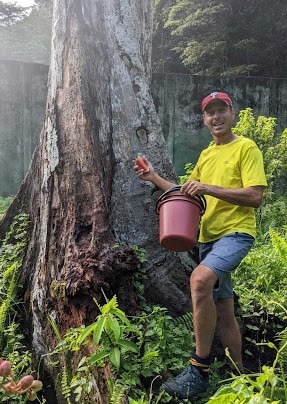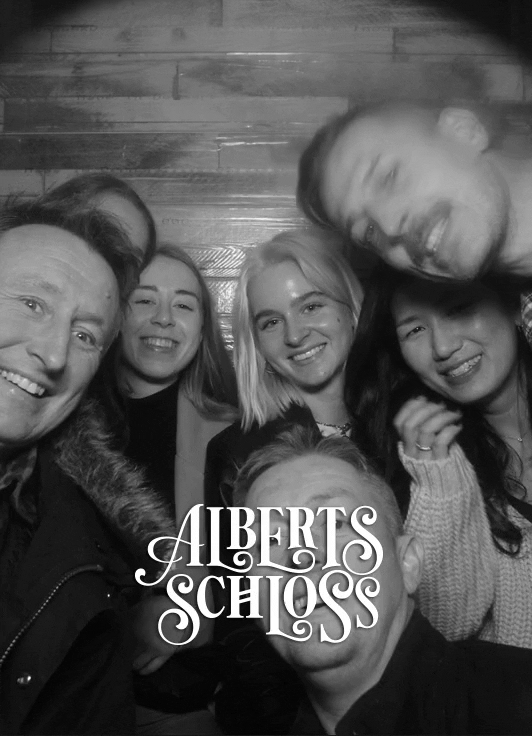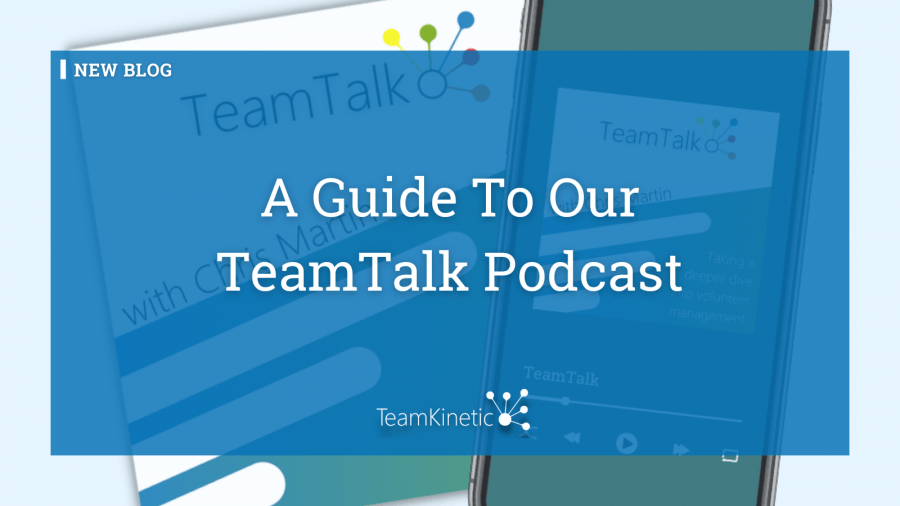2023 could be a challenging year to engage and retain volunteers due to the cost of living crisis; people may not have as much time to volunteer as they did previously because now people may replace volunteering with paid work. Ensure you start the year off by providing a high level of support to your volunteers, when volunteers don’t feel supported it can lead them to feel unmotivated and unengaged in the organisation. Below are some ways you can help retain and engage volunteers in 2023.

Recognition And Rewards
Show your volunteers how they make a difference. In the previous blog post, we spoke about how to reward your volunteers at Christmas, but volunteers shouldn’t just be rewarded at Christmas time, they should be rewarded all year round too. Highlight your volunteers’ successes to show them how their hard work has helped your organisation. You could note down the things they have done to help make a difference and then let the volunteer know, this will make them feel seen within the organisation. Volunteers want to feel needed, appreciated, and that they’re making a difference.

Stay Connected
Keep in touch with your volunteers and communicate on a regular basis. Whether this is through emails, phone calls or text messages it would be a good idea to see how people are getting on and if they are enjoying volunteering for the organisation. Also, due to the cost of living crisis and the new year, people may be struggling with their mental health and could be facing money issues, you can support your volunteers by regularly contacting them so you are the first to know if they are feeling unmotivated or burnt out. It’s also important to be in contact with your volunteers so you can let them know if there are any last-minute changes to shifts.
Ensure that how you are communicating with the volunteers is personalised, by acknowledging the volunteers’ names and what they do you are able to connect with them on a much deeper level and they will feel noticed. Listen to what feedback your volunteers have to say, they can give you valuable information and important questions and concerns that you need to address.

Develop A Community
Build a sense of community among your volunteers. This way they can feel connected to each other and become better connected to you which can help with volunteer retention. If the volunteers build friendships and get to know others in the organisation then it will encourage them to stay and continue volunteering for the organisation as they are surrounded by a friendly and welcoming environment.
Online catch-ups with all of your volunteers or in-person social events can help them to feel comfortable around one another and develop relationships. Having fun catch-ups or socials with volunteers can also allow them to feel engaged and supported through their volunteering experience.

Training And Upskilling
Understand the motivations of your volunteers, this way you can help them to accomplish what they want to achieve. You can talk to your volunteers to understand what they would like to learn from their volunteer experience. This can help you provide value to your volunteers which can keep them engaged. Motivations could be people wanting to gain different skills or improve current ones. By training volunteers they can feel supported and volunteers can feel valued. Improving their skills can also benefit the organisation too as fully trained staff can help make an effective difference to the organisation. If volunteers are fully trained they can complete the volunteering to the best standards and feel satisfied with the hard work and the support they have been given.
Key Takeaways
Overall 2023 could be a very challenging year to engage and retain your volunteers, a combination of strategies may work best to keep people volunteering for your organisation. Flexible opportunities may be more suitable as people might not have the time to volunteer as they are picking up extra paid work elsewhere to help them through the current cost of living crisis.
You can find TeamKinetic on social media and listen to our podcast:
Twitter Facebook LinkedIn YouTube Instagram Podcast
Have you enjoyed using TeamKinetic? If you could leave us a review on G2, we’d really appreciate it! We’ll even send you a little thank you.
























